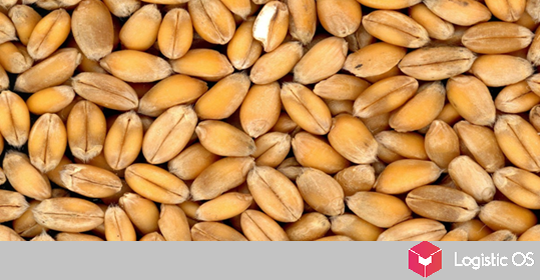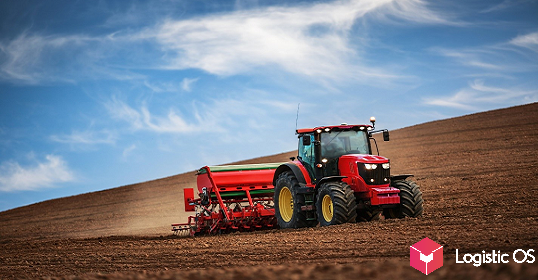For the third year in a row, starting from 2020, the Russian Federation has managed to retain the title of net exporter of agricultural products.
The fact that Russia this year again confirmed this status was recently announced by Deputy Minister of Agriculture Oksana Lut.
At the same time, even sanctions are practically unable to reverse the growth trend in this direction: compared to 2021, the export of agricultural products increased by 13%.
True, this is in monetary terms, so this result was largely achieved due to the growth of world prices.
The department expects that by the end of the year, the volume of Russian agricultural exports may exceed $40 billion, while last year they managed to set a record at $37.1 billion.
And there is no particular concern that the trend will continue in subsequent years. After all, the most important thing in order to increase exports is available — namely, stable demand.
“Our products are loved. We just need to produce more. Because there is a demand for our products, despite all the political things.
It is impossible to live without food. Since we can produce more from our land resources, people will buy our products,” says Oksana Lut.
Which directions are growing most actively?
First of all, oil and fat products demonstrate excellent dynamics — their exports grew by 29% during the year.
Russian meat and milk abroad began to be purchased 20% more actively, fish — by 11%, grain — by 6%.
True, everything is not as smooth as we would like with grains: although export volumes have grown compared to last year, they are not as strong as they could be, given the unprecedentedly high harvest this year.
This is largely due to sanctions: they make it difficult to settle accounts with Russian banks and logistics, the cost of which, by the way, has also increased.
What are the prospects?
Despite the sanctions, by 2024 Russian agricultural exports may grow by about 19%, according to the federal center Agroexport.
In this case, exporters will be able to earn $7 billion more compared to 2021. And now the state is actively working to ensure that such plans come true.
In particular, it is planned to invest about 1.2 trillion rubles in export projects, including in the food sector, in the field of deep processing of grain, as well as in meat and fat and oil.
As Russian Prime Minister Mikhail Mishustin recently noted, the global demand for food from Russia is increasing, no matter what.
Therefore, the prospects for Russian farmers are good, especially given the support of the state.

